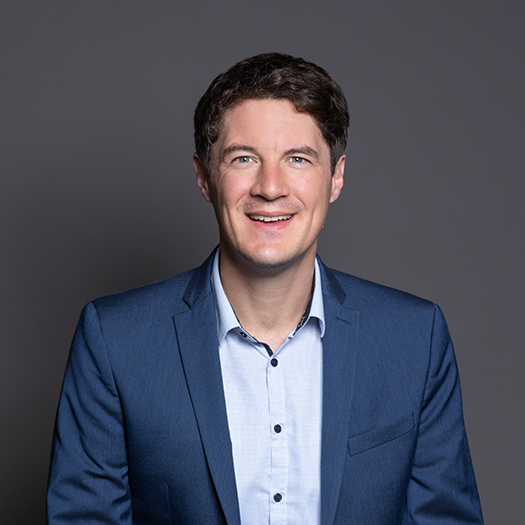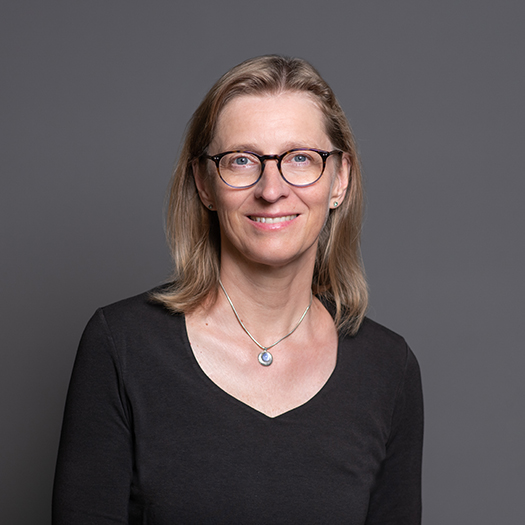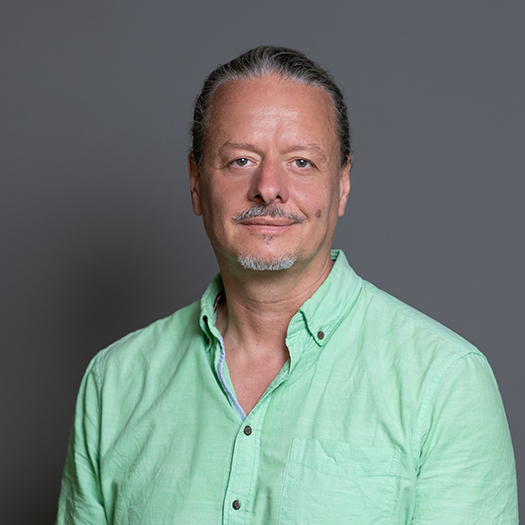KfW/ZEW Start-up Panel
KfW/ZEW Start-up Panel
To date there is no data set in Germany, which observes firm formations not only on an annual basis but also continuously over a number of years. Thus the Centre for European Economic Research (ZEW), the KfW Bankengruppe and Creditreform are cooperating to form a start-up panel for Germany. The duration of the KfW/ZEW start-up panel will be six years. The objective is to generate a data set which contains information on young firms allowing the application of panel econometric methods for an adequate modelling of the firm-specific heterogeneity. With regard to the cross-sectional dimension telephone interviews with approximately 6.000 new companies from all industries are conducted once a year (“computer-aided telephone interviews“, CATI).The KfW/ZEW start-up panel will for the first time make it possible to conduct a profound analysis of the temporal development of newly founded companies and their probability of survival or failure. Moreover the panel has high potential for cross-sectional analyses because of the large number of companies on average which are included in every wave of the survey. The scientific potential is also based on the fact that half of the companies surveyed by the KfW/ZEW start-up panel belong to the technology- and knowledge-intensive sectors of the manufacturing and services industry. This allows for differentiated analyses of these foundations which are particularly important for the dynamics and international competitiveness of economies. In this way, the KfW/ZEW start-up panel continues the work of the ZEW High-tech Start-up Panel. The surveys of the KfW/ZEW start-up panel will be designed as so-called “Bus” surveys. This means that along with the standard questions that remain the same every year, additionally different focus themes are included. The following themes may be analysed with the help of the KfW/ZEW start-up panel:
- Survival, growth and success of formations: What percent of formations survive in the middle-term (the first six years after start-up)? How do formations develop in terms of the number of employees, turnover and profit? What are the determinants (e.g. financial structure, innovation activity, start-up size, industry, the characteristics of the founder and the strategy of the company) these developments are dependent on?
- Finance / investment: How are the financial requirements of start-ups and young companies distributed in the initial years after the formation? At what point are reinvestments and expansion investments normally made? Are there changes in the typical financial structure of young companies in the course of time (e.g. seed-finance through business angels, financing expansion through venture capital)?
- Consulting: What information is necessary for founders and new companies in the first few years? What consulting and qualification measures are reasonable with regard to a firm’s development phase?
- Innovation behaviour: How do founders and new companies succeed in acquiring a long-term competitive advantage (e.g. through product and process innovation, or marketing, finance and organisational innovation)? Where does the knowledge to improve existing products and services or to develop products that are new to the market come from? Is the cooperation with universities and other research institutes for the generation of knowledge advantageous?
- Labour demand: How do new (technology-oriented) companies meet their requirements of having highly qualified employees in the middle or long term? To what extent are they successful in competing for highly educated people in the labour market? Do they educate themselves and thus are able to ensure that their employees are qualified?
- Market entry and firm strategies: What strategies do founders choose and what are the differences with regard to the industry and the financial situation of the company? Are there “best-practise strategies”? Are companies which are flexible – i.e. those that have changing strategies – more successful?
The field phase of the third survey of the KfW/ZEW start-up panel took place from April to July in 2010. The focal theme of the third survey were spin-off companies from private enterprises (so called “corporate spino-offs”). In this context, the importance of business ideas that have been developed by firm founders during their former employment in other private enterprises for start-up activities in Germany was examined.




